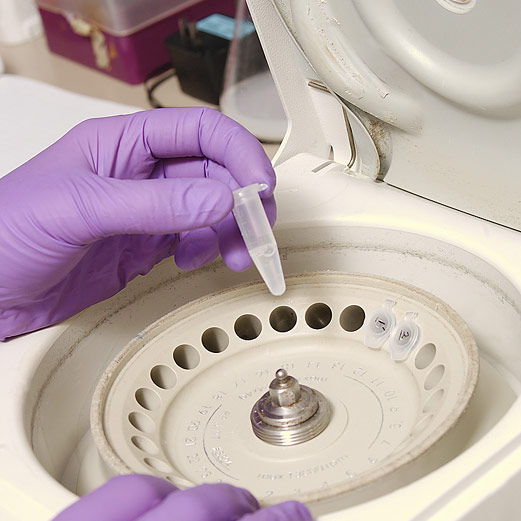THURSDAY, July 28, 2016 (HealthDay News) — Stimulating a targeted area of the brain with small doses of weak electricity while you sleep may enhance your ability to remember what you learned the night before, new research finds.
The new procedure is called transcranial alternating current stimulation (tACS).
“We work with the brain, that’s really unique about what we do. We listen in to brain activity and can boost what the brain already wants to do,” said the study’s senior author, Flavio Frohlich. He’s an assistant professor of psychiatry at the Neuroscience Center at the University of North Carolina in Chapel Hill.
While you sleep your brain is not idle, but is actively storing things you learned during the day for later use. Stimulating the brain enhances what the brain is already doing naturally, Frohlich said.
During sleep, electrical brain activity oscillates, and can be seen as waves on an electroencephalogram (EEG). These waves, called sleep spindles, appear to be involved in sorting and storing memories, he said.
“We know there are a number of disorders of the brain where sleep spindles are impaired,” Frohlich said. The researchers hope to test tACS on patients with schizophrenia and Alzheimer’s disease, he said.
To see if stimulating these spindles could boost memory, researchers had 16 men take two common memory tests — associative word pairing and motor sequence tapping tasks, which involved repeatedly finger tapping a specific sequence before going to sleep.
During the first night of the study, participants had electrodes placed at specific points on their scalps. Some participants received tACS synced to their natural sleep spindles, while others were given sham stimulation.
On the second night, the process was reversed. Those who received tACS received sham stimulation, while those given sham stimulation the first night received tACS.
Each morning, Frohlich’s team had participants perform the same memory tests.
The investigators found no improvement in test scores for associative word pairing but a substantial improvement in the finger-tapping task among those who received tACS, compared with those given sham stimulation.
This finding shows a direct link between electric activity during sleep and consolidation of motor memory, Frohlich said.
Dr. Sam Gandy, director of the Center for Cognitive Health at Mount Sinai Hospital in New York City, said, “My tendency is to believe it. There is good evidence that the brain remains accessible for input despite the absence of consciousness.”
Attention and wakefulness is important for us to be aware and form memories, but the brain is more sophisticated than we imagine, Gandy said.
“I am not surprised that various inputs — electrical or sensory — can be received, processed and even show benefits despite unconsciousness,” Gandy added.
Earlier research by Frohlich used tACS to target areas of the brain to boost creativity. The researchers showed it was possible to target brain waves involved in creating ideas, daydreaming or meditating. These waves are impaired in people with neurological and psychiatric illnesses, including depression, Frohlich said.
Going forward, Frohlich hopes to try tACS in people who have known deficits in their spindle activity patterns.
The study was published online July 28 in the journal Current Biology.
More information
For more about brain stimulation, visit the U.S. National Institutes of Health.
Copyright © 2026 HealthDay. All rights reserved.

